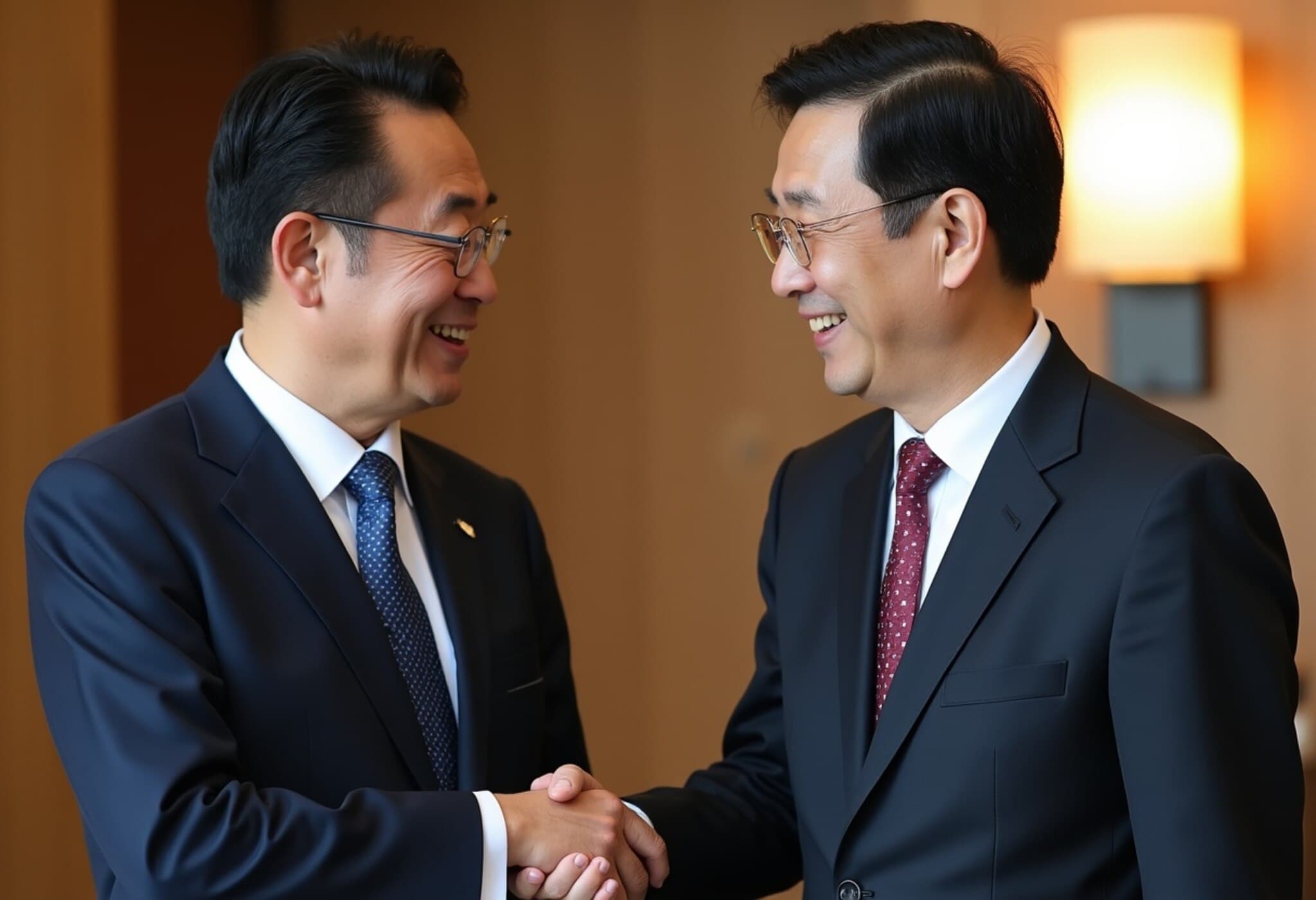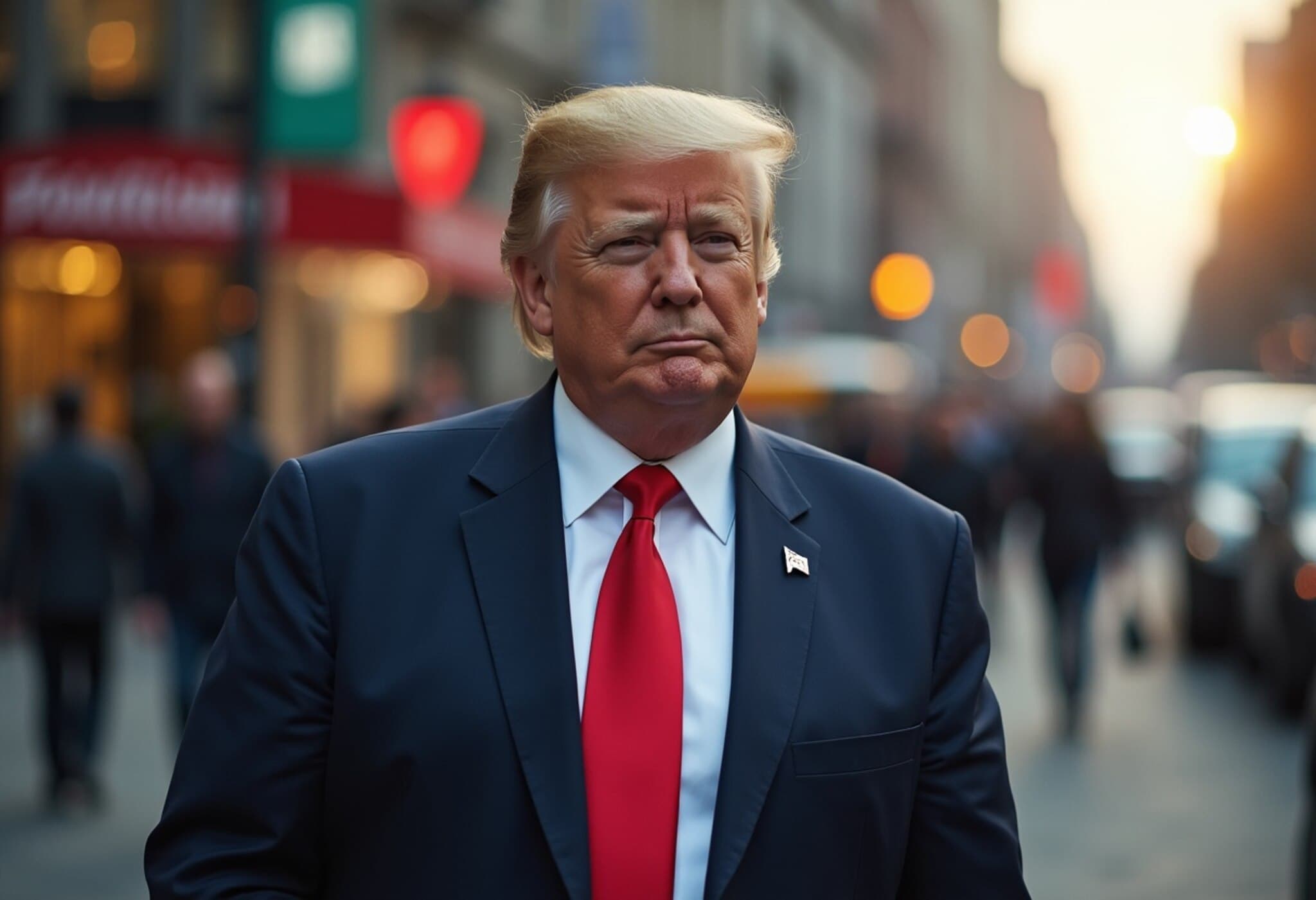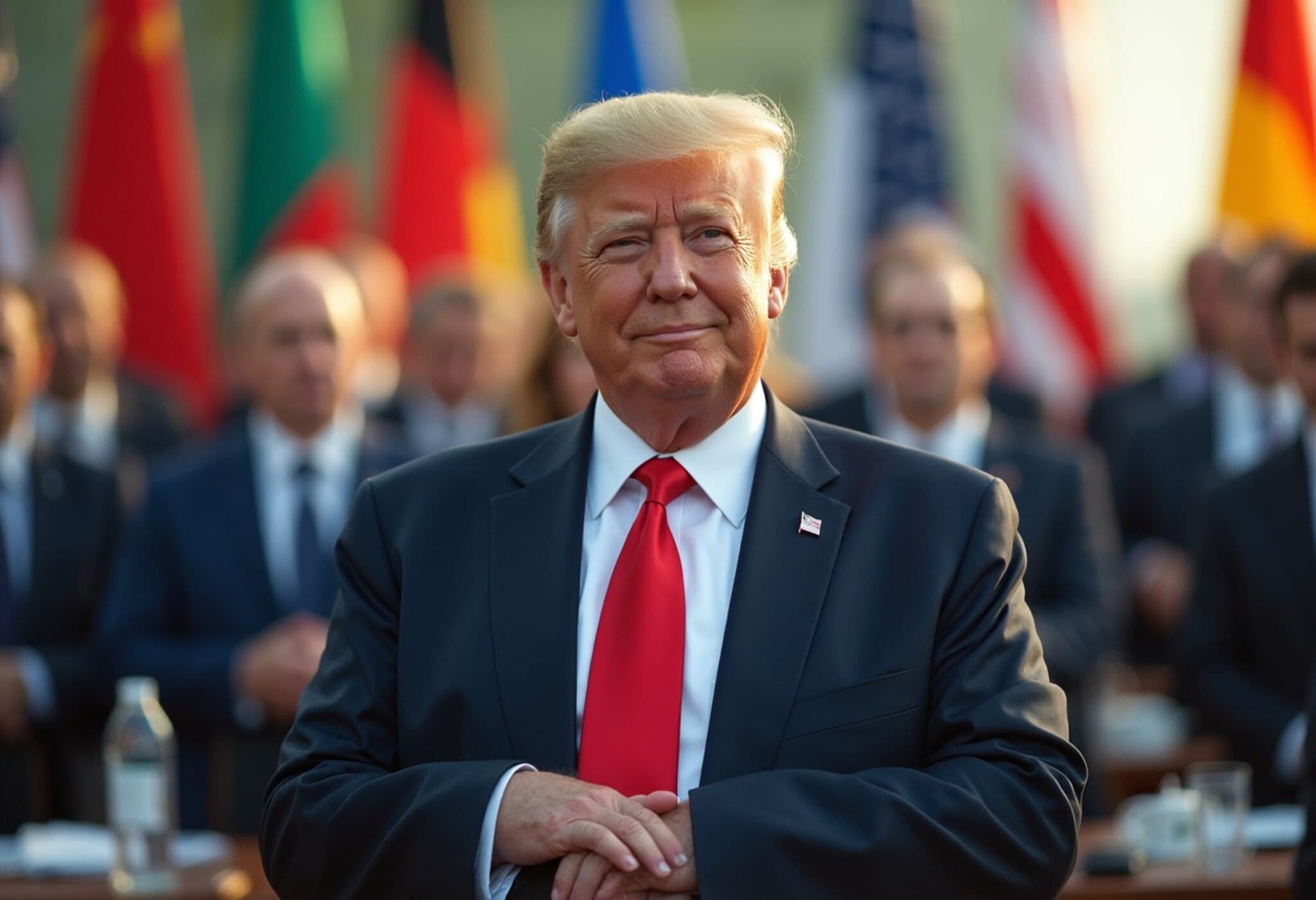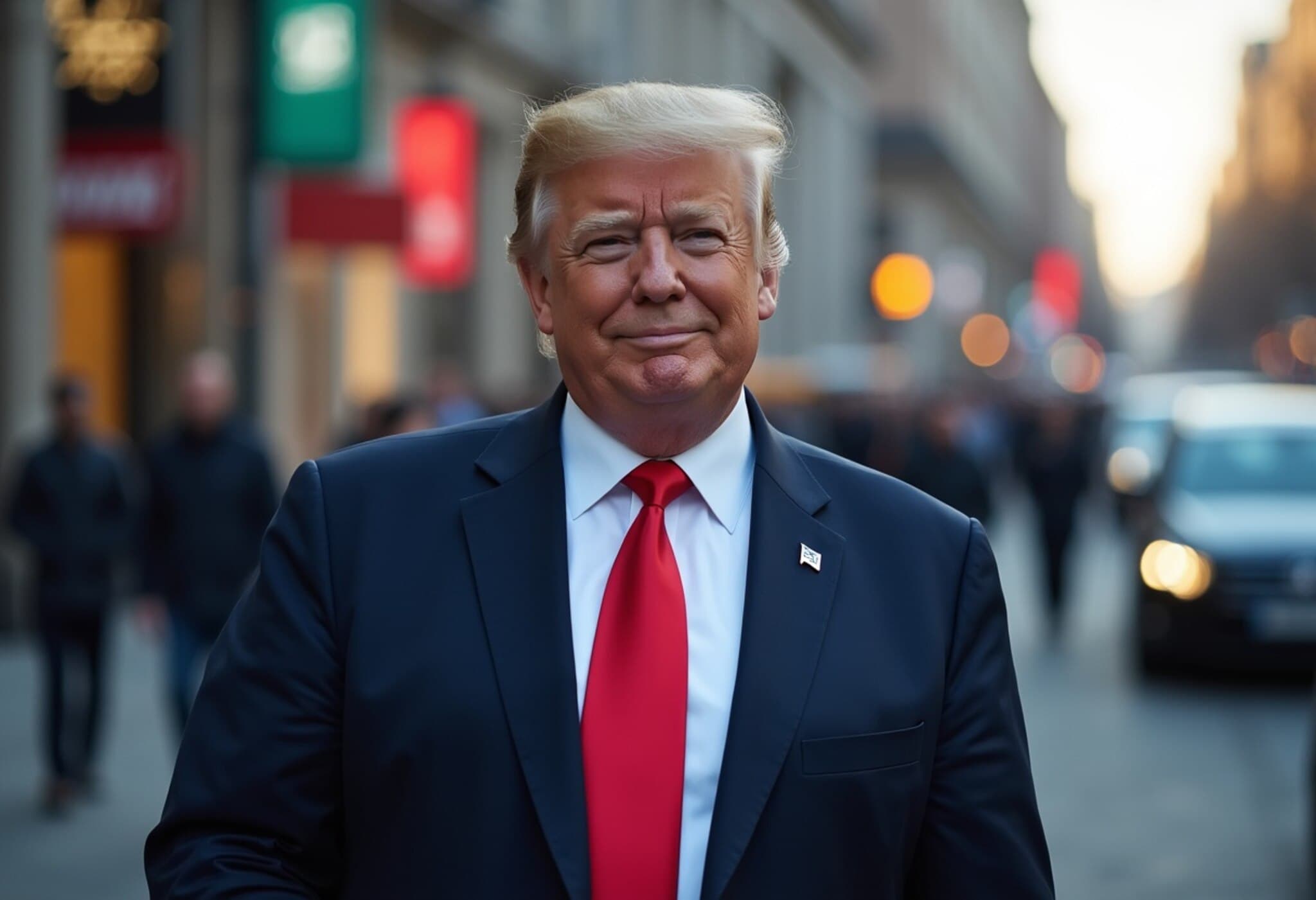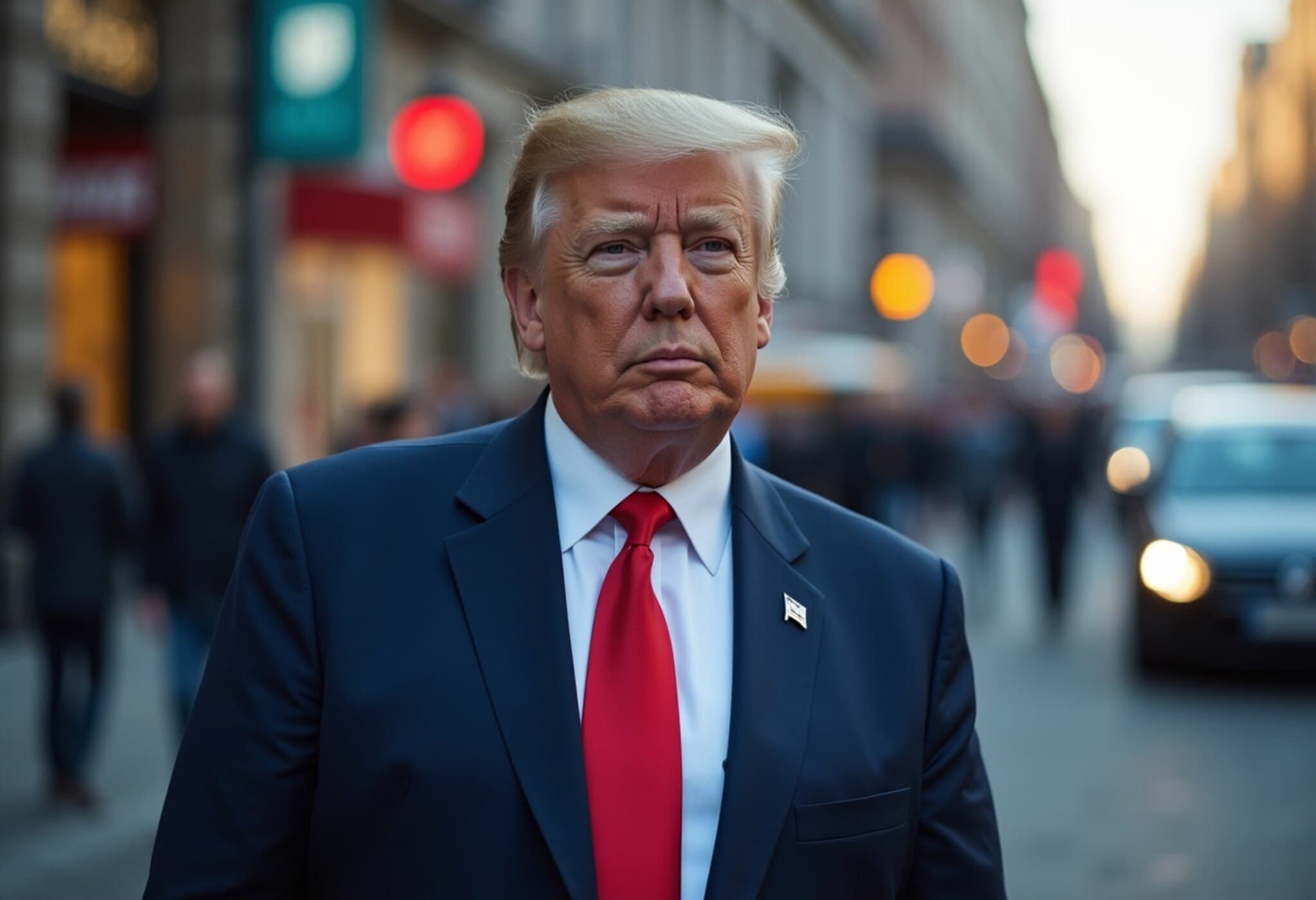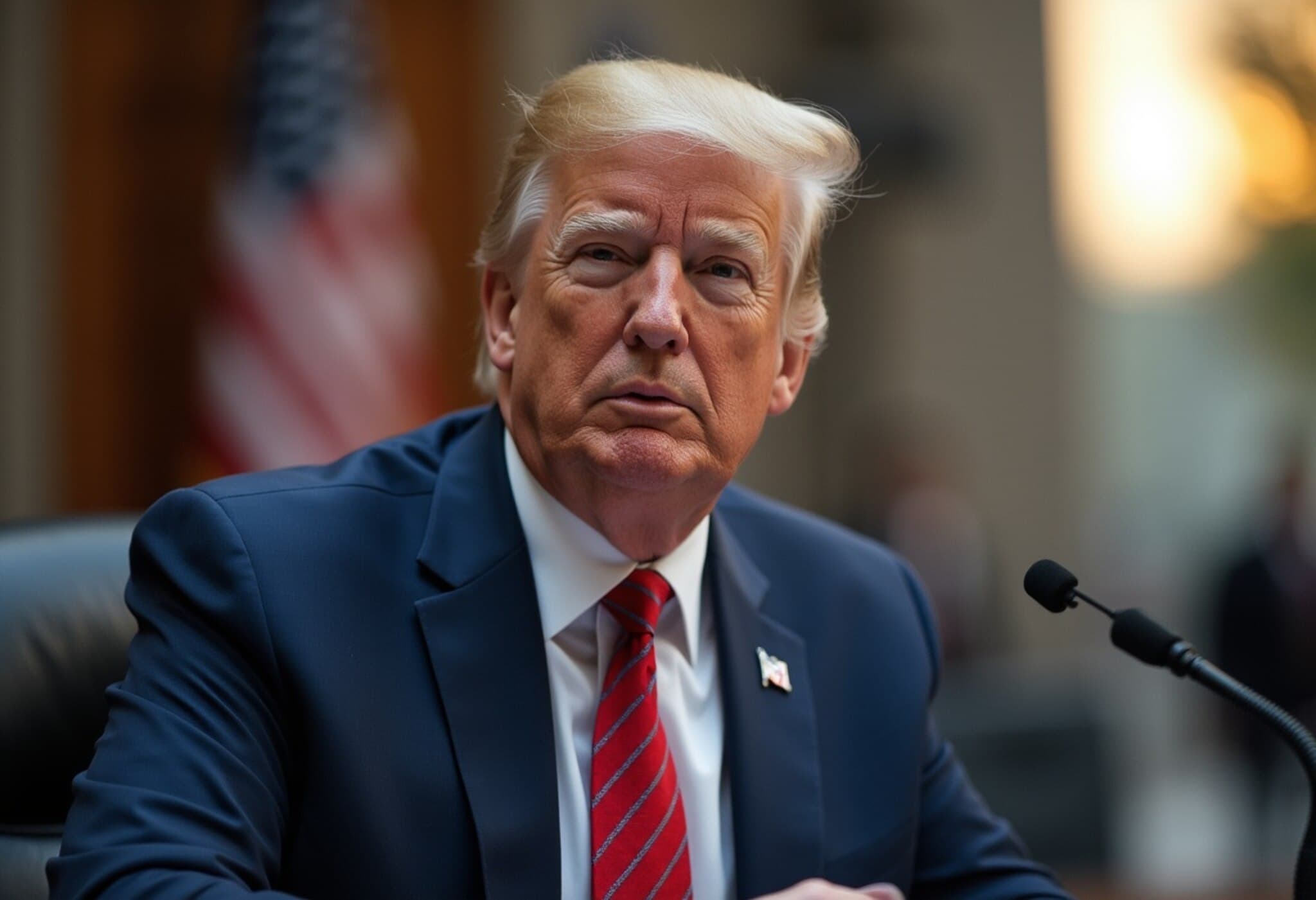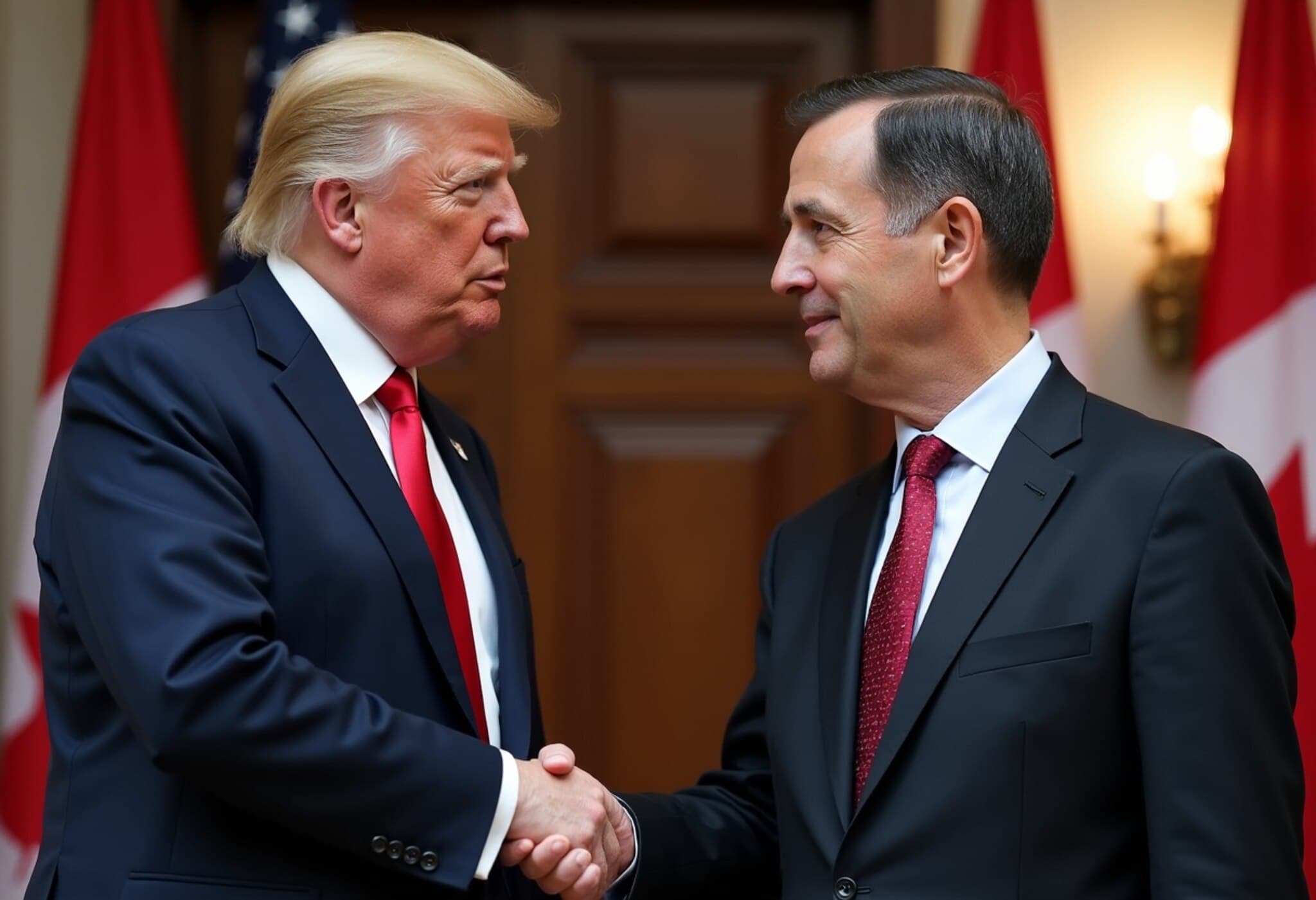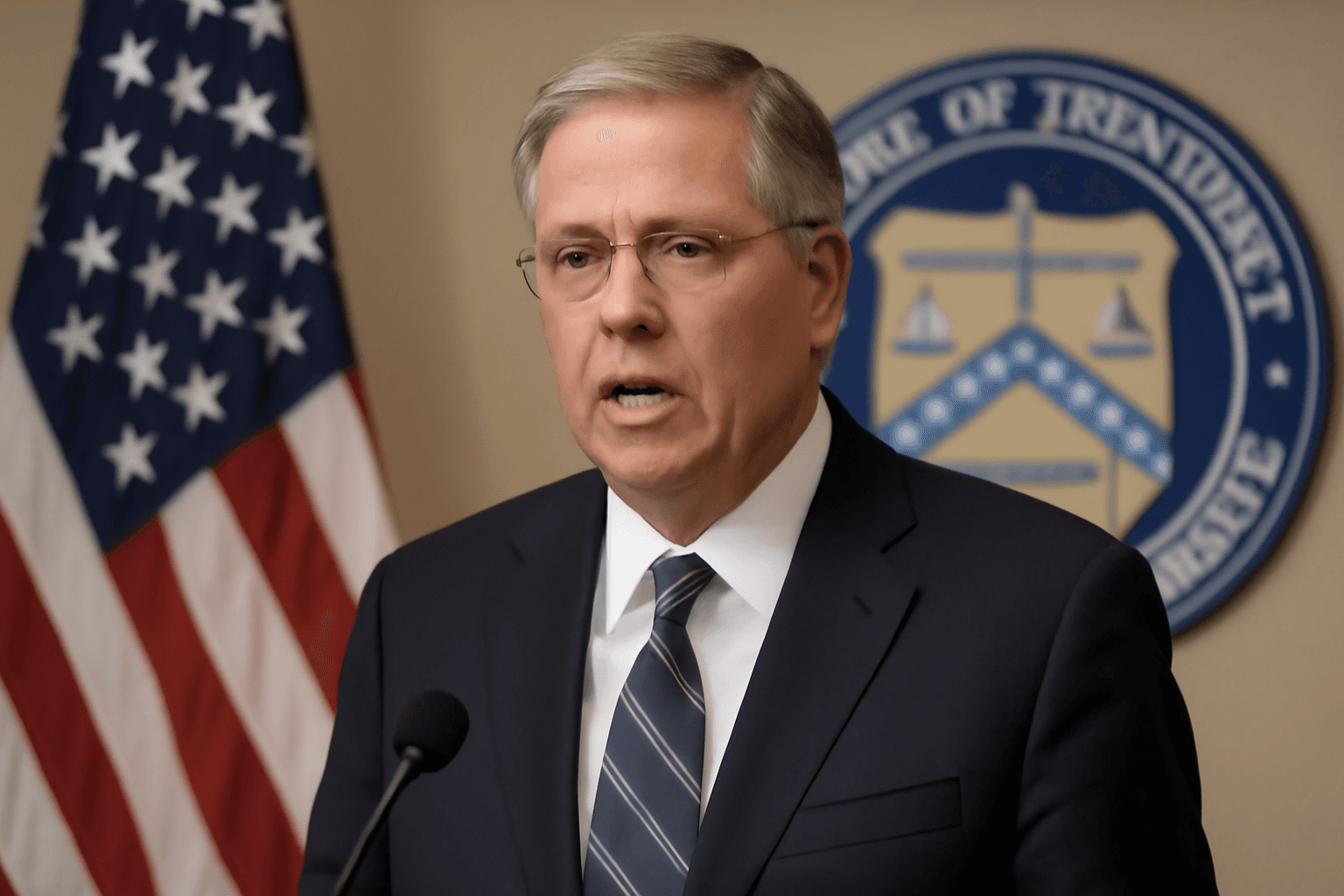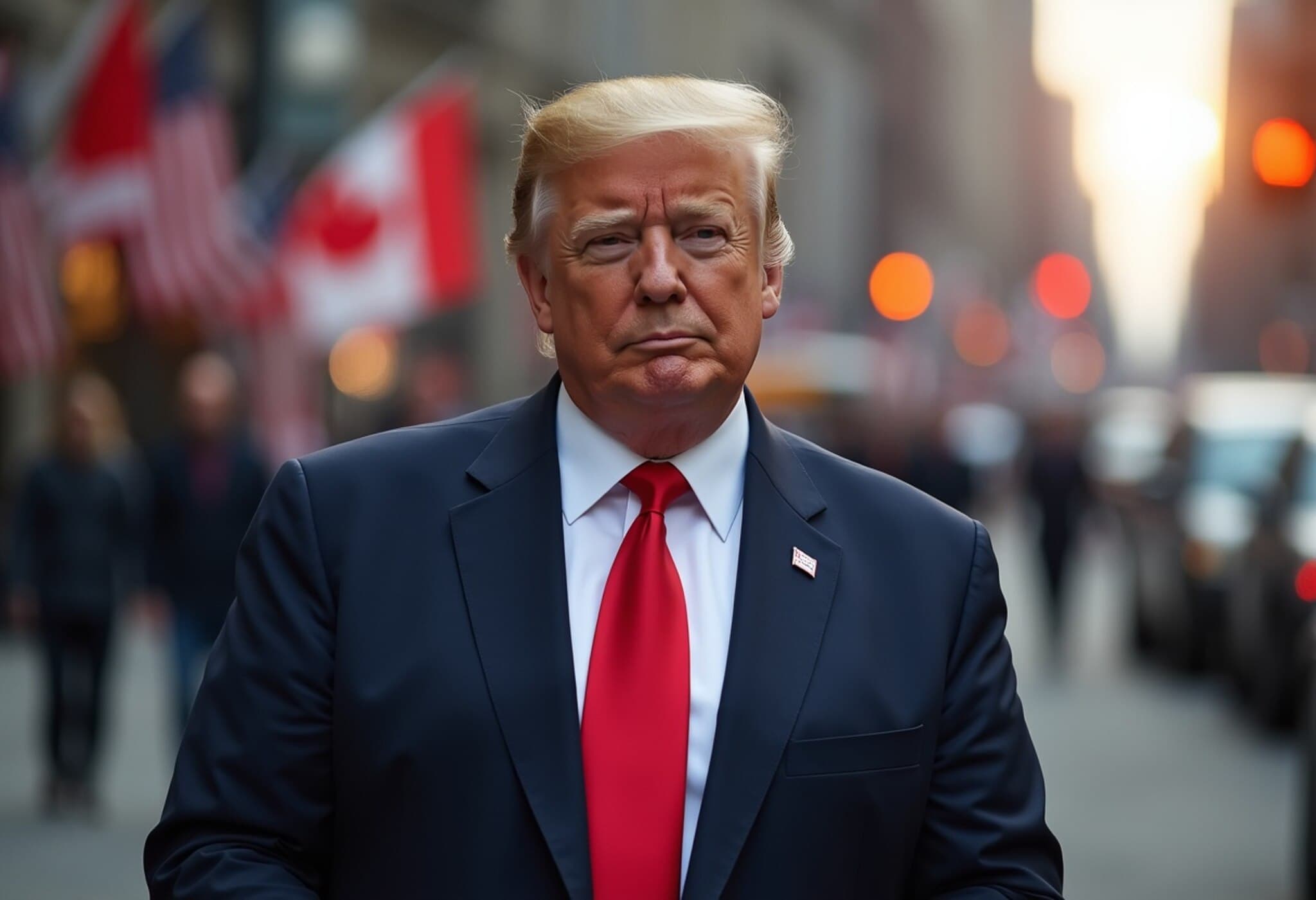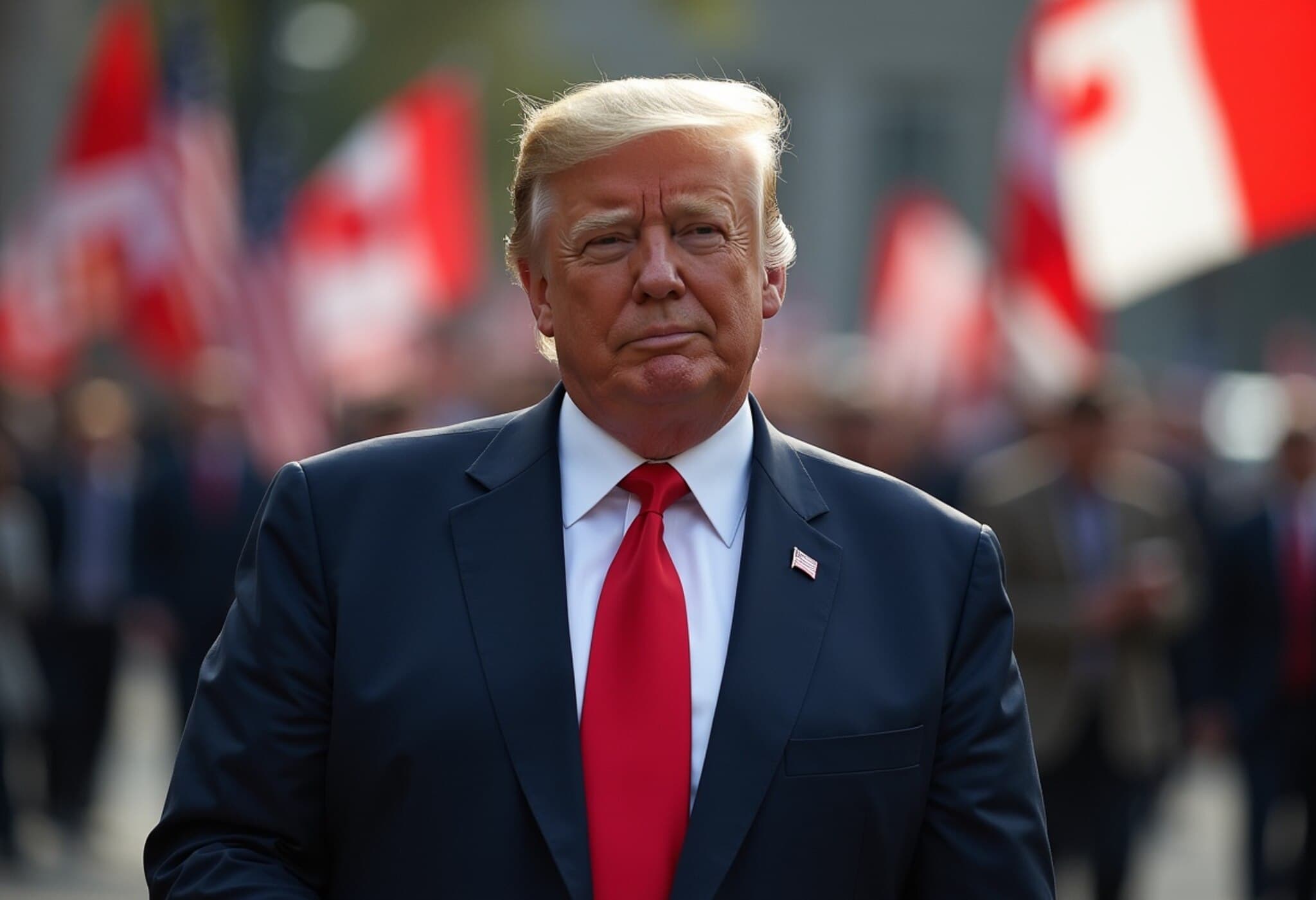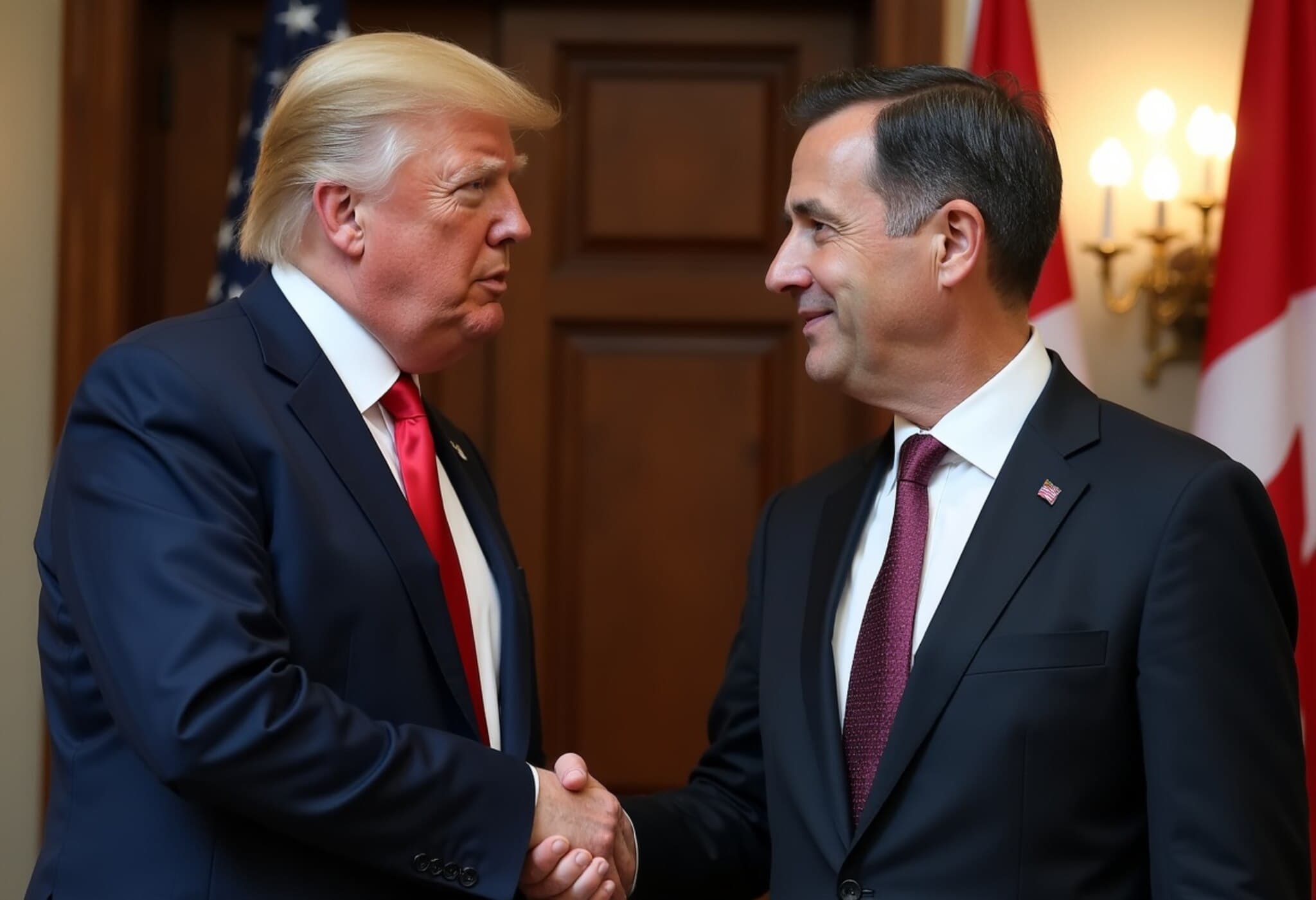Canada Abandons Digital Services Tax to Resume Trade Negotiations with the U.S.
In a significant shift just before the tax was set to take effect, Canada announced the rescission of its 3% digital services tax targeting major tech companies, including U.S. giants like Amazon, Google, and Meta. This move comes after U.S. President Donald Trump abruptly halted trade negotiations last week, citing the tax as a "direct and blatant attack" on American businesses.
Background: A Tax That Sparked Diplomatic Tensions
The digital services tax was introduced in 2020 to close a taxation gap whereby some large technology firms profited substantially from Canadian users without paying proportional taxes. Though enacted last year, the first payments were due to commence June 30, 2025, retroactively affecting revenues back to 2022. The levy was expected to generate approximately $2.7 billion over five years.
The United States, viewing the tax as discriminatory against American tech firms, responded sharply. On June 26, 2025, President Trump announced a suspension of all trade talks with Canada, threatening tariffs as retaliation.
Rescinding the Tax: A Tactical Retreat for Progress
Hours before the tax collection was to begin, Canadian Prime Minister Mark Carney and Finance Minister François-Philippe Champagne declared the tax would be suspended pending legislation, aiming to rebuild trust and resume trade discussions. Carney emphasized the move was made "in anticipation of a mutually beneficial comprehensive trade arrangement with the United States," with a target to finalize an agreement by July 21, 2025.
Finance Minister Champagne noted, "Rescinding the digital services tax will allow vital progress toward a new economic and security partnership and support job creation and prosperity for Canadians." However, Carney also warned negotiations may take “as long as necessary, but no longer.”
Impact and Broader Trade Context
The U.S. is Canada's largest trading partner, with bilateral trade totaling around $762 billion last year. Despite the recent escalation, both countries have historically relied on close economic ties, including the North American Free Trade Agreement successor (USMCA).
Aside from the digital services tax conflict, Canada faces 50% tariffs on steel and aluminum and a 25% duty on certain automotive imports under U.S. trade policies. Resolving these tensions remains critical for both governments.
Reactions from Both Sides
The White House hailed Canada’s U-turn as a victory, with press secretary Karoline Leavitt stating, "Prime Minister Carney caved to President Trump and the United States of America," while emphasizing the importance of protecting American workers and innovation.
Canadian business groups welcomed the development, highlighting that the tax would have ultimately increased costs for consumers and businesses and hindered economic growth. The Canadian Chamber of Commerce expressed hope that the reversal would pave the way for a renewed and reliable trade agreement.
Looking Ahead
The repeal of the digital services tax is expected to reopen negotiations swiftly, aiming for a comprehensive trade and security agreement before the end of July. However, lingering issues such as tariffs on other goods, access to dairy markets, and financial sector protections may present tougher challenges ahead.
For now, both sides appear committed to dialogue, avoiding the imposed shutdown of talks that sparked uncertainty in global markets. The unfolding developments signal a pivotal moment in North American trade relations, balancing economic interests with diplomatic sensitivities.



